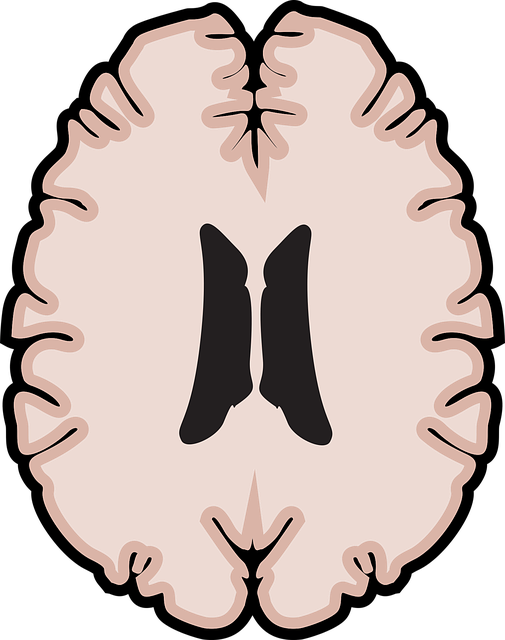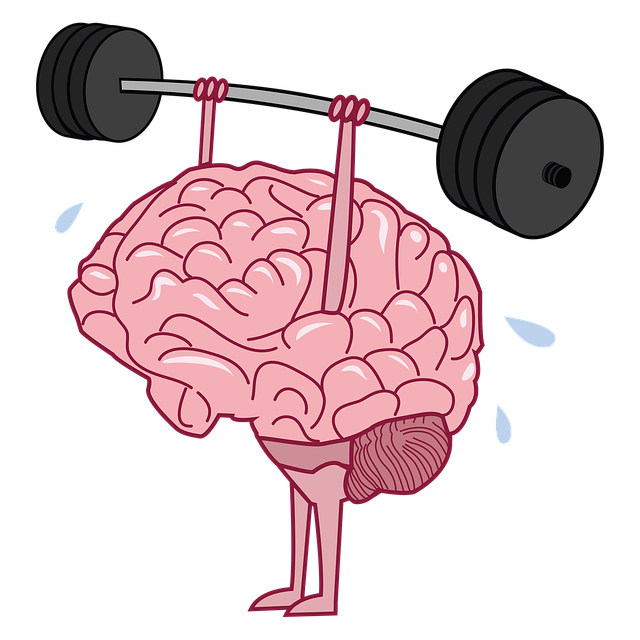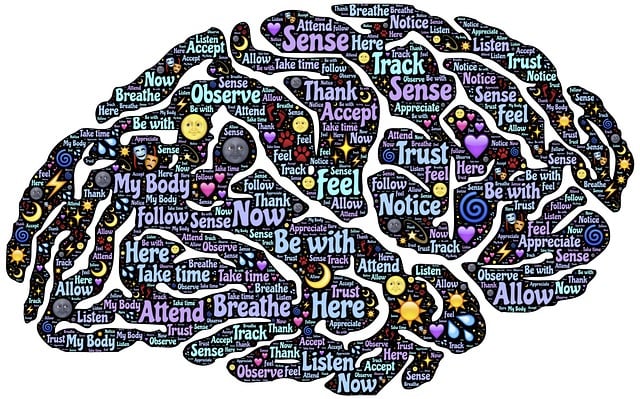Wheat Ridge American Sign Language (ASL) Therapy offers workshops focused on preventing burnout among healthcare providers through stress management, incorporating ASL for enhanced accessibility and emotional expression. These tailored programs address individual stressors, improve communication skills, and boost self-esteem using mindfulness, relaxation exercises, and role-playing. By fostering a supportive environment and combining theory with practice, these workshops empower participants to manage professional stress effectively, leading to improved patient outcomes.
Stress management workshops are gaining importance as tools for improving mental health. This article explores various aspects of organizing such workshops, focusing on the unique approach of Wheat Ridge American Sign Language (ASL) Therapy. We’ll delve into understanding stress, the role of ASL in creating inclusive spaces, designing effective sessions, and evaluating the impact of this innovative method. By combining evidence-based strategies with the power of communication, these workshops offer a holistic path to well-being.
- Understanding Stress and Its Impact on Mental Health
- The Role of American Sign Language (ASL) in Workshop Settings
- Designing Effective Stress Management Workshops
- Implementing and Evaluating the Wheat Ridge ASL Therapy Approach
Understanding Stress and Its Impact on Mental Health

Stress is a universal human experience, but understanding its nuances and impact on mental health is essential for overall well-being. At Wheat Ridge American Sign Language Therapy, we recognize that chronic stress can lead to burnout, affecting not only individuals’ physical health but also their cognitive abilities and emotional resilience. This is especially pertinent in professions like healthcare where providers often juggle high-pressure situations and demanding schedules.
Burnout Prevention Strategies for Healthcare Providers emphasize the importance of self-care practices and self-esteem improvement. By integrating effective stress management techniques, professionals can mitigate the risks associated with prolonged stress. Workshops focused on mindfulness, relaxation exercises, and emotional intelligence training have been shown to enhance coping mechanisms, fostering a healthier work environment and improving patient outcomes.
The Role of American Sign Language (ASL) in Workshop Settings

Incorporating American Sign Language (ASL) into stress management workshops can significantly enhance accessibility and engagement for participants who are deaf or hard of hearing. Wheat Ridge American Sign Language Therapy, a renowned resource in the field, emphasizes the power of ASL as a tool for communication and emotional expression. By using ASL, workshops cater to a diverse audience, ensuring that every participant can actively engage with stress-reduction techniques and share their experiences freely. This inclusive approach not only breaks down barriers but also encourages a sense of community among all attendees.
The benefits extend beyond accessibility; ASL promotes positive thinking and mood management by providing an alternative means of conveying complex emotions and concepts related to depression prevention. Workshop facilitators skilled in ASL can convey stress management strategies in a visually appealing and intuitive manner, making the content more memorable and impactful for participants. This innovative use of language underscores the importance of tailoring wellness programs to meet the unique needs of different audiences, ultimately fostering a more inclusive and effective learning environment.
Designing Effective Stress Management Workshops

When designing stress management workshops for organizations like Wheat Ridge American Sign Language Therapy, it’s crucial to tailor content that resonates with participants’ unique needs and backgrounds. Start by identifying specific sources of stress within the work environment—whether it’s high-pressure deadlines, communication barriers, or interpersonally challenging situations. Incorporate interactive activities and real-world scenarios to engage learners and foster active participation. For instance, role-playing exercises can help improve social skills training while encouraging emotional intelligence in dealing with workplace conflicts.
Focus on providing practical tools for anxiety relief and stress reduction, such as mindfulness techniques, breathing exercises, or even American Sign Language (ASL) gestures for non-verbal communication. Ensure a safe and supportive workshop environment where participants feel comfortable sharing their experiences. Incorporate feedback mechanisms to gauge the effectiveness of the training and make necessary adjustments. By combining theoretical knowledge with hands-on practice, these workshops can empower employees with valuable skills to navigate stress in their professional lives more effectively.
Implementing and Evaluating the Wheat Ridge ASL Therapy Approach

Implementing the Wheat Ridge American Sign Language (ASL) Therapy Approach in stress management workshops offers a unique and effective method to enhance communication and support participants with diverse needs. This approach focuses on empowering individuals through sign language, fostering a sense of community and boosting confidence among workshop attendees. By integrating ASL into mental health education programs design, facilitators can create an inclusive environment, enabling better risk management planning for mental health professionals and their clients.
The Wheat Ridge method involves structured workshops that teach basic ASL signs related to stress management and emotional well-being. Evaluating this therapy approach is crucial to ensure its effectiveness. Regular feedback sessions, both from participants and facilitators, provide insights into the impact of the program. Additionally, measuring improvements in communication skills and overall mental health literacy among attendees can showcase the success of the workshops. This data-driven evaluation process allows for continuous refinement, ensuring that these stress management programs remain impactful and aligned with current best practices in mental health education.
Stress management workshops, enriched with the integration of Wheat Ridge American Sign Language (ASL) therapy, offer a unique and effective approach to improving mental health. By understanding the profound impact of stress on our well-being and leveraging ASL’s power in communication, these workshops cater to diverse audiences, especially those within the deaf community. The success of the Wheat Ridge ASL Therapy Approach lies in its ability to create inclusive environments, fostering open dialogue and practical stress-coping strategies. Through comprehensive design, implementation, and evaluation, such workshops can significantly enhance participants’ mental resilience, providing lasting benefits in today’s fast-paced world.














